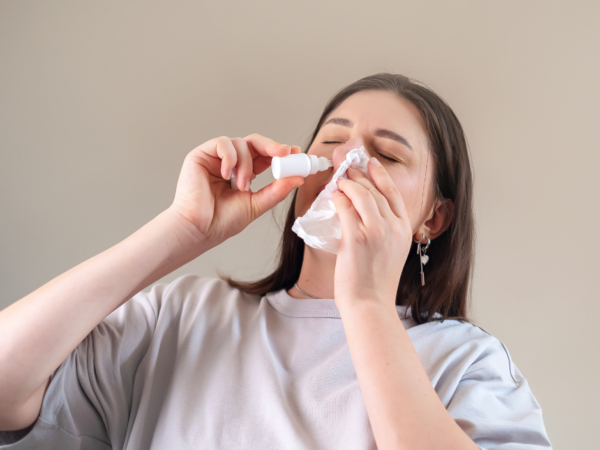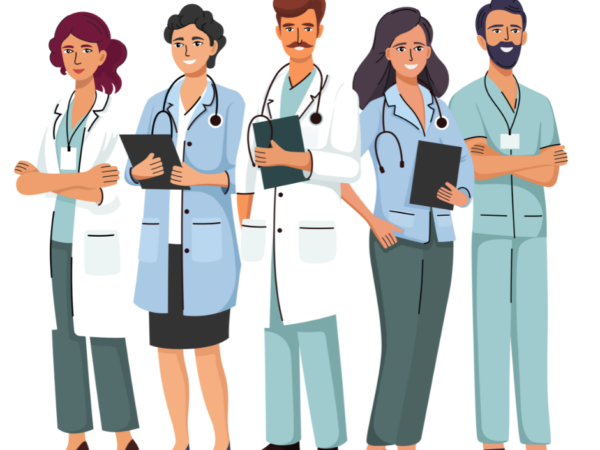Menopause is not just a “women’s issue.” It’s a human issue—one that affects families, workplaces, relationships, and society as a whole. Yet, it is often misunderstood, ignored, or wrapped in silence. That silence costs us—in empathy, in health, in productivity, and in dignity.
This article is a wake-up call. It’s time to pay attention to menopause—deeply, urgently, and compassionately. Because what you don’t know can hurt not just the person going through it, but everyone around them.
Let’s break that silence. Let’s replace confusion with clarity and discomfort with empowerment. Here are five essential things everyone—men and women alike—must know about menopause.
1. Menopause Is Not a Disease—But It Demands Medical and Emotional Attention
Menopause is a natural biological transition, not an illness. But just because it’s natural doesn’t mean it’s easy.
During menopause, the body undergoes profound hormonal changes. Estrogen levels drop. This shift can trigger a wide array of symptoms: hot flashes, mood swings, memory issues, insomnia, joint pain, weight gain, and even depression.
And yet, millions suffer in silence, dismissed by those around them or told to “just deal with it.”
Why does this matter? Because ignoring menopause leads to delayed treatments, weakened work performance, broken relationships, and serious health risks.
We need awareness. We need education. And we need to stop telling women to tough it out.
2. It Doesn’t Happen Overnight—and It’s Different for Everyone
Menopause isn’t a moment—it’s a journey that can last years. It typically occurs between ages 45 and 55, but some experience it earlier due to genetics, surgery, or medical conditions.
There’s perimenopause, the stage leading up to menopause, where symptoms begin but periods still occur. Then comes menopause itself—defined as 12 months without a period. And after that, postmenopause, when the body settles into its new hormonal normal.
The problem is that no two people experience menopause the same way. For some, it’s mild. For others, it’s debilitating. Yet, society still paints menopause with one brushstroke.
Understanding that menopause is a unique, deeply personal experience helps create space for empathy and customized care.
3. Mental Health During Menopause Is a Serious Issue
This cannot be overstated: Menopause takes a massive toll on mental health.
Mood swings, anxiety, depression, irritability, and emotional fatigue are common—and real. But many women are misdiagnosed, dismissed, or prescribed treatments that don’t address the root cause.
This is why menopause must become part of mainstream mental health conversations. It’s not just about hormones; it’s about how we value and support women at a vulnerable and transformative time in their lives.
If we don’t talk about mental health during menopause, we’re failing an entire generation.
4. Workplace Culture Must Evolve to Support Menopause
Menopause is costing businesses billions in lost productivity, absenteeism, and turnover. But here’s the truth: it doesn’t have to.
What’s missing is leadership awareness and policy reform. Workplaces that support menopausal employees with flexibility, health benefits, and understanding retain talent, build loyalty, and create healthier environments for everyone.
Yet, how many corporate boardrooms are talking about menopause? How many HR policies even mention it?
Until menopause becomes a normalized part of workplace health strategy, we will continue to lose valuable people at the peak of their potential.
5. Menopause Deserves Public, Cultural, and Political Recognition
Menopause is still buried in taboo. It’s whispered about, joked about, or ignored altogether. That cultural silence hurts women.
We talk openly about puberty, pregnancy, and even erectile dysfunction—why not menopause?
We need public education campaigns, accessible health resources, political advocacy, and media coverage that treats menopause with the seriousness it deserves.
Menopause affects more than 50% of the population at some point. Why is it not part of the national health agenda?
Final Thoughts: We Need Urgent Change—Starting Now
This is not just a health conversation. It’s a call to action. Menopause awareness is a matter of dignity, equality, and basic human decency.
If you’re reading this, you have a choice:
Continue to look away. Or step up—speak up, learn more, support better, and demand change.
Whether you’re a spouse, a friend, a manager, a policymaker, or someone going through menopause yourself—your voice matters.
Let’s build a world where menopause is not feared or silenced, but understood and supported.
Because when we uplift those going through menopause, we uplift humanity.




